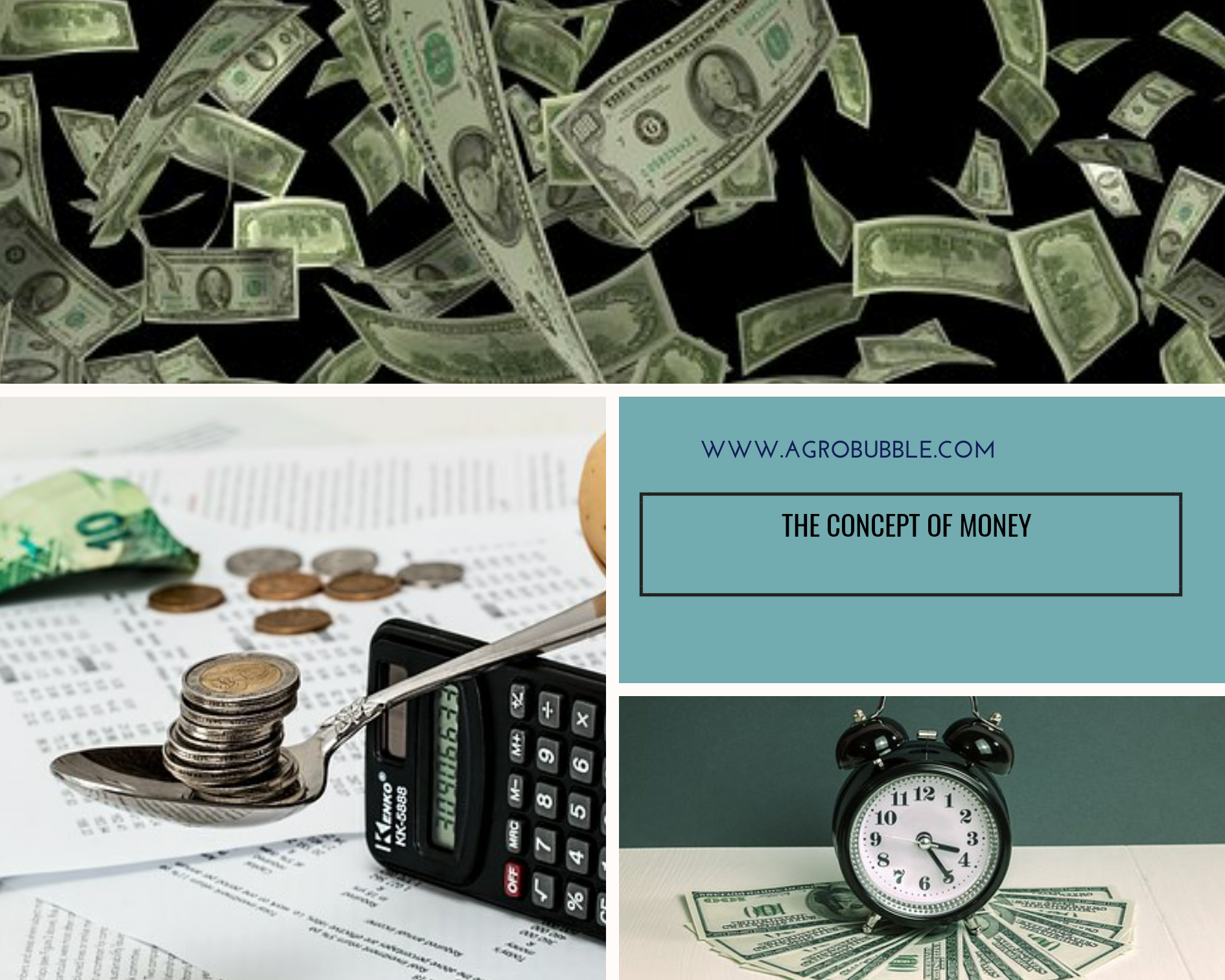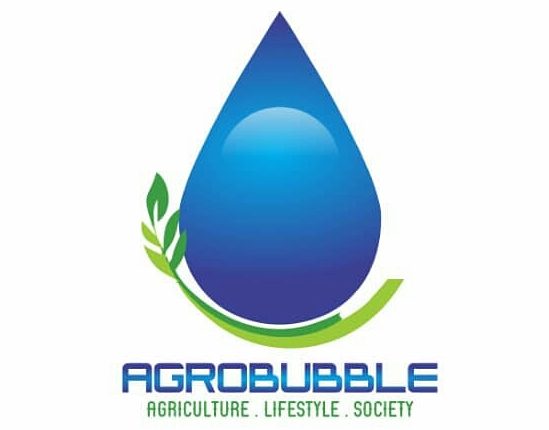Agriculture
Concept of Money: Terrible Ways it Can Improve Your Business.

CONCEPT OF MONEY
Studying the Concept of Money should be a determining factor for anyone who want to have it. But I wonder who in this life will never want to make money instead remains broke. I have not seen except that person is lazy tho.
That not withstanding, money is any commodity that is generally or universally accepted in payment of foods and services or settlement of debt.
A man named professor coulborn defined money ” As the means of valuation and of payment as both the unit of account and the generally acceptable medium of exchange.” Also another man named sir John Hick defined money ” as what money does” .
It is generally acceptable as a medium of exchange and at the same time as a measure and store of value.
Before the word “money” came into existence there was a system of exchange called the “BARTER SYSTEM”.
Trade by barter as commonly known, or the barter system is a direct exchange of goods for some quantity of other good without the use of money. For transaction to take place, there must be double coincidence of wants e.g yam maybe exchanged for cassava.
A barter economy is an economy in which exchange of goods and services are done without the use of money . It is money less economy.
The barter system or economy has the following difficulties ;
- Double coincidence of wants : it can only function when there is double coincidence of wants I.e a person who wants to exchange his goods and services should find another person who is willing to buy his goods and services e.g a person who has a goat and needs a cassava must search for another person who has cassava and needs goat.
- Lack of common measure of value : There is lack of a common unit in which the value of goods and services could be measured e.g how many bags of salt will be exchanged for a goat.
- Indivisibility of certain goods : some goods are indivisible i.e they cannot be shared or divided equally. A problem will arise when the owner of a large indivisible goods want to exchange his goods for small items.
- Discourages instalmental payment : It’s very difficult to assess the value of commodities used in exchange. This prevents and discourages instalmental payment.
- Heaviness of goods : If the goods are very heavy and bulky, it will be difficult to move them around and thus will prevent meaningful exchange of goods and services from taking place.
Historical development of money
Before the development and creation of money, exchange was done on the basis of direct exchange of goods and services. The exchange of goods for another goods is known as trade by barter.
In order to overcome the problems of trade by barter, money was introduced as a medium of exchange.
The development of money has passed through many stages depending upon the progress of human civilization. The barter system gave way to commodity money like cows, arrows and cowries were used as medium of exchange.
As a result of inadequacies of commodity money and the spread of civilization, metallic money was introduced and people started using silver and copper. This was made into coins in order to ensure convenience in exchange.
The development of paper money started with gold Smiths who kept strong safes to store their gold. Whenever somebody keeps his gold with the Goldsmith’s he would be given receipt in return. Thus, this eventually led to the development of bank notes.
The final stage in the development of money is introduction of near money like bills of exchange and bonds. Recently, digital cash/money has been introduced. This is money converted into a digital form and transmitted over telecommunication media.
Looking at the concept of money, one will conclude that it has various forms, the following are written accordingly from the first to the last depending on the progress of human civilization :
- Commodity money
- Coins
- Bank notes
- Near money
- Legal tender
- Token money
- Flat money
- Fidiciary notes
- Deposit money
- Partial money.
Before money can be generally and universally appreciated, it must have the following qualities :
- Acceptability
- Portability
- Durability
- Divisibility
- Recognizability
- Scarcity
- Stability
- Storability
- Homigenity
- No intrinsic value
- Economical to produce and maintain.
There are several functios of money but here are some common ones in our economy and society :
- Medium of exchange
- Measure of value and unit of account
- Standard of deferred or postponed payment
- Store of value
- Transfer of value.
If you like this post, please share to your friends to educate them too. No knowledge is a waste irrespective of the person. If you have any question or contribution, kindly use the COMMENT section below.
Don’t forget to SUBSCRIBE to this blog for more of our latest post updates.
